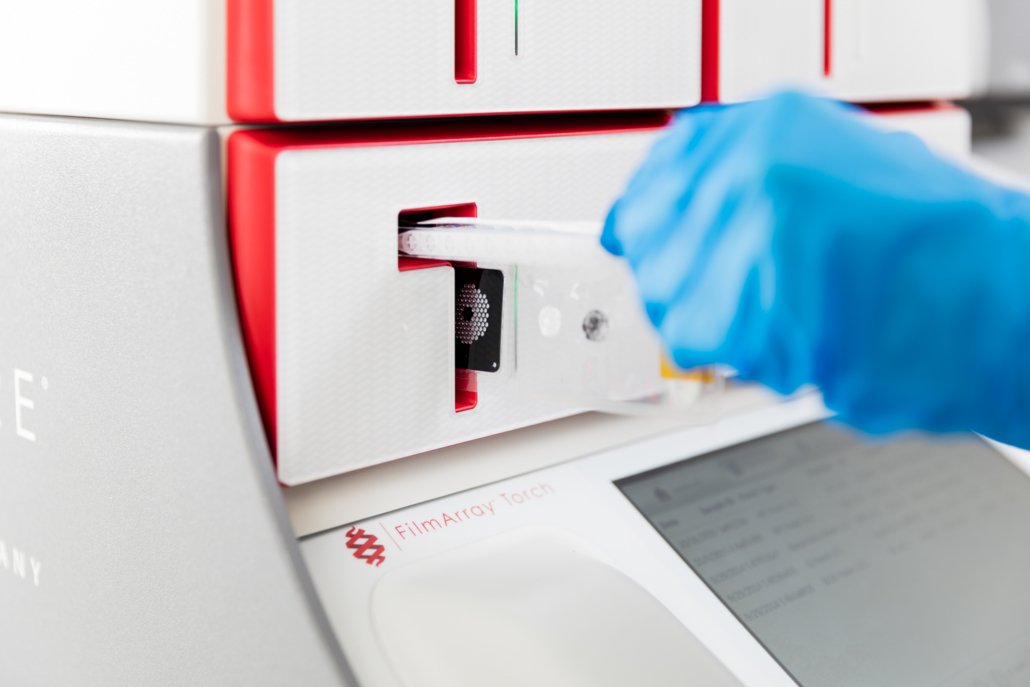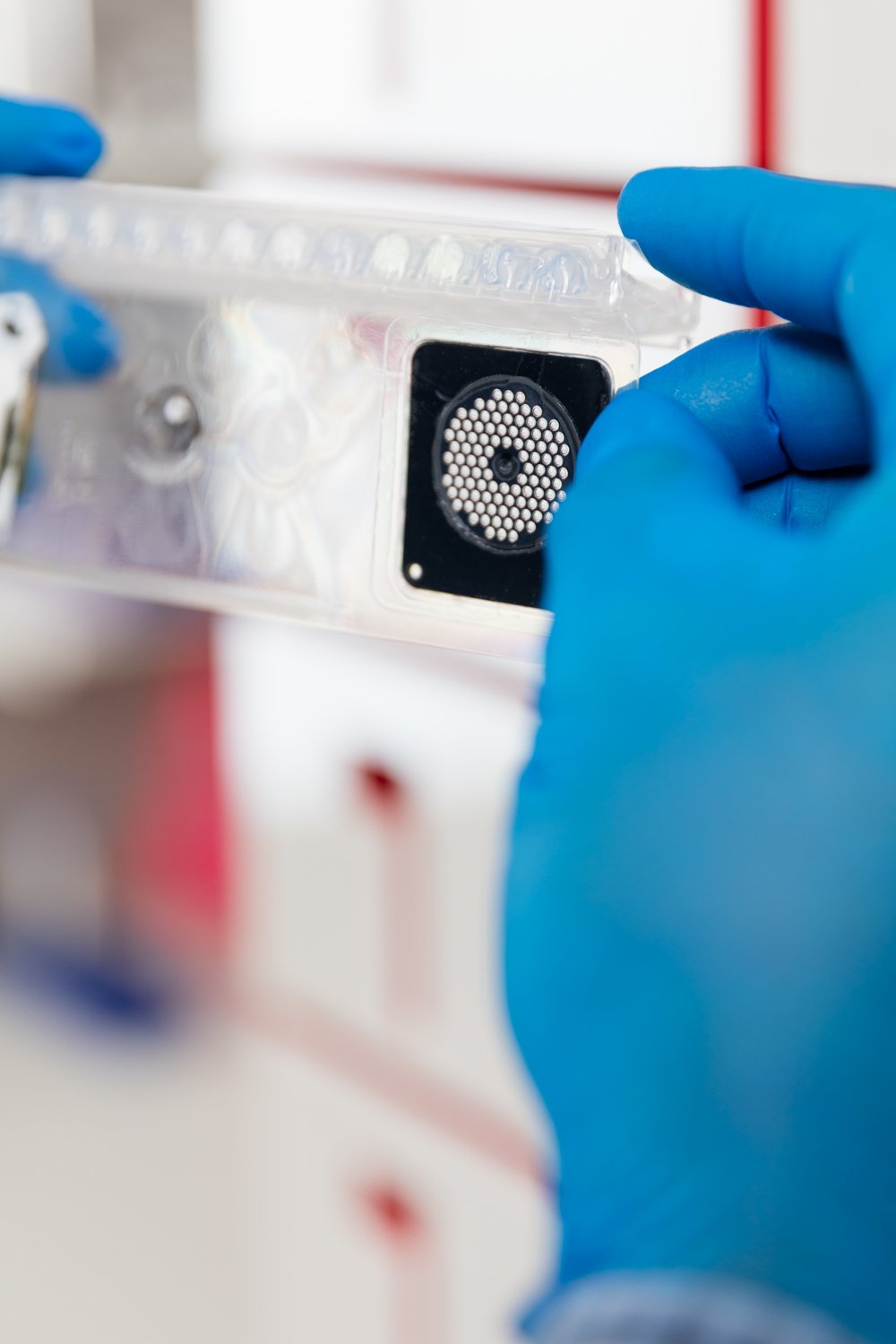Bloodstream infections: The impact of syndromic testing on patient care and antimicrobial stewardship
The BioFire® Blood Culture Identification 2 (BCID2) Panel tests for a comprehensive set of 43 targets associated with bloodstream infections, including gram-positive bacteria, gram-negative bacteria, yeast, and antibiotic resistance genes. Dr. Tristan Timbrook, lead author of a systematic review and meta-analysis on the impact of using such molecular rapid diagnostic tests, details the important role syndromic panels can play in antimicrobial stewardship programs.
Why should molecular rapid diagnostic tests (mRDTs) be the standard of care for patients with bloodstream infections?
Ultimately, it’s the right thing to do for patient care. Diagnostic tests improve clinical decision-making by giving a more informed clinical picture of the patient. Better-informed decisions translate into improved clinical outcomes. Rapid diagnostics are particularly helpful because they make that extra information available much faster—24 to 72 hours earlier.
An excellent example of the BioFire® FilmArray® Blood Culture Identification (BCID) Panel’s ability to rapidly identify organisms and their resistance characteristics is in the detection of vancomycin-resistant enterococci (VRE). I worked on a meta-analysis that found a huge impact in time to effective therapy—it was greater than 24 hours difference in time to effective therapy for VRE cases with mRDTs versus conventional testing. Rapid diagnostic tests really impact that because it’s not something that we typically empirically cover for.
We also saw a two-and-a-half-day decrease in length of stay based on the use of rapid diagnostics. In the US, there’s an average $2,000 bed-day cost, so that’s $5,000 per patient. If you’re able to get somebody on effective therapy more quickly, you’re able to get them clinically stable sooner, which leads to them being able to get out of the hospital and get well sooner.





